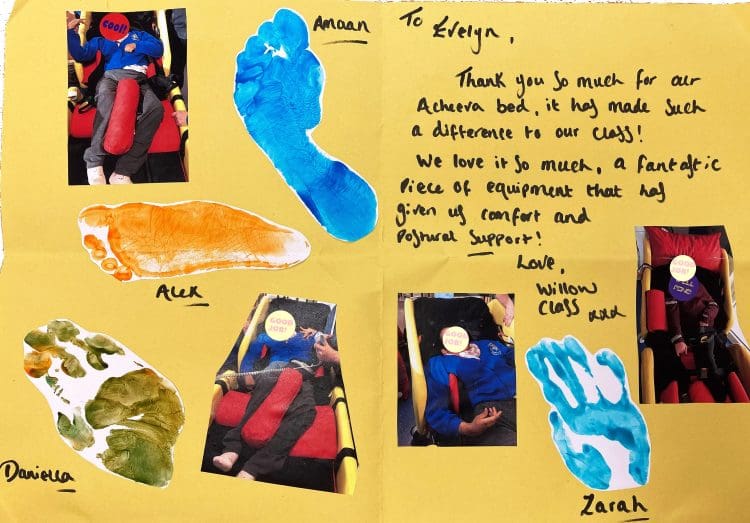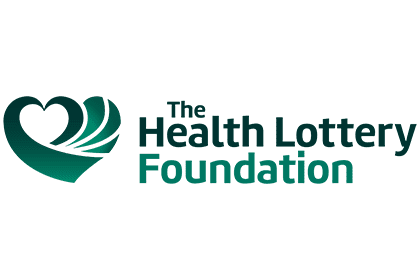The new Children’s Emergency Department at Stepping Hill Hospital is in need of toys and activities to distract and calm the 25,000 children that they treat each year. The department sees children from 0-15 suffering from a variety of medical and surgical conditions, injuries and mental health crisis. Children attending the Emergency Department (ED) can find it a scary and unsettling experience and the wait for treatment long and boring. The ED team would like to make the waiting room bright and welcoming with the addition of an aquatic bubble tube and wall mounted activity boards. These items will help to alleviate fear by distraction and help pass the time waiting for treatments.
Donate now
More Projects
Firwood School, Bolton – Acheeva Learning Station
Firwood School in Bolton is a specialist school for secondary aged students who have severe or profound learning difficulties. Many students also have physical disabilities which severely restrict their mobility. An Acheeva Learning Station is a special bed which allows physically disabled pupils to lie straight and work in a supported, balanced posture. It is […]
Find out more →Distraction Lighting for Radiology Department City Hospitals Sunderland
We have agreed to work with the Radiology Department at City Hospitals Sunderland to provide lighting equipment to reduce stress and anxiety in children undergoing X-rays. Visiting hospital can be a frightening experience and when a child is anxious or distressed it is harder for medical staff to treat them and can affect the child’s […]
Find out more →Royal Bolton Hospital – Blood Pressure Monitors
The Paediatric Inpatient Ward at Royal Bolton Hospital takes children from a catchment area across the north of Greater Manchester and parts of Lancashire. The medical team have asked us to supply six Mindray VS900 blood pressure monitors. It is essential that children have their vital signs checked when first being admitted and then regularly […]
Find out more →“Several pupils in the class use the Acheeva bed as part of their postural management program and it has been absolutely invaluable.”
Kira Bühler
Deputy Head Teacher
Lancasterian School, Manchester











